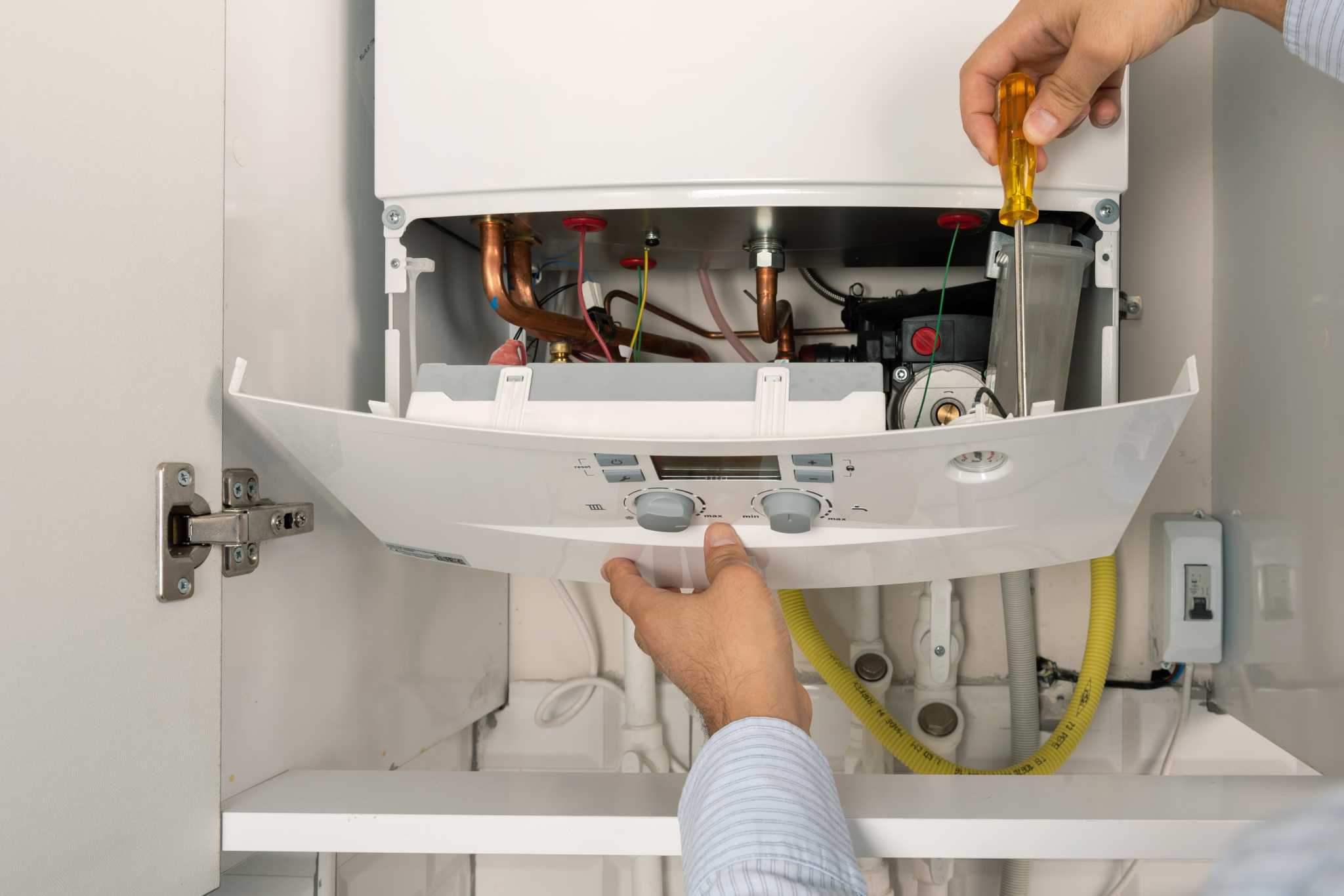

Articles
How Many Watts Does A Water Heater Use
Modified: January 8, 2024
Discover the power consumption of water heaters with our informative articles. Learn how many watts a water heater uses and make an informed decision for your home.
(Many of the links in this article redirect to a specific reviewed product. Your purchase of these products through affiliate links helps to generate commission for Storables.com, at no extra cost. Learn more)
Introduction
A water heater is an essential appliance for every household, providing warm water for various daily activities such as showering, cleaning, and cooking. However, have you ever wondered how much electricity it consumes? In this article, we will explore the topic of how many watts a water heater uses and discuss the factors that influence its energy consumption.
Understanding the wattage of a water heater is crucial for both energy efficiency and cost management. By knowing how much power your water heater consumes, you can make informed decisions to save energy and reduce your utility bills.
So, let’s dive deeper into the inner workings of a water heater and the various factors that affect its wattage.
Key Takeaways:
- Understanding the wattage of your water heater is crucial for energy efficiency and cost management. Factors like tank size, insulation, and usage patterns influence its energy consumption.
- Implement energy-saving tips such as adjusting temperature settings, insulating the tank and pipes, and considering tankless or solar water heaters to maximize efficiency and save on utility bills.
Read more: How Many Watts Does a Space Heater Use?
How does a water heater work?
Before we delve into the wattage of a water heater, let’s first understand how this essential appliance works. A typical water heater consists of a storage tank, heating elements, thermostats, and plumbing connections.
The basic principle behind a water heater is straightforward. Cold water enters the storage tank through a supply line, and heating elements, typically electric elements or gas burners, warm up the water. The thermostats regulate the temperature, ensuring that the water reaches the desired level of warmth.
Electric water heaters use heating elements made of copper or stainless steel that get heated up when an electric current passes through them. These elements are immersed directly in the water, ensuring quick and efficient heat transfer. On the other hand, gas water heaters use a burner located at the bottom to heat the water, with the flame created by a pilot light or electric ignition system.
As the water gets heated, it rises to the top of the tank due to the difference in density. Hot water is then drawn from the top of the tank using the outlet pipe, ready for use in showers, faucets, or appliances.
Most water heaters come equipped with a temperature and pressure relief valve, which releases excess pressure or heat buildup, ensuring the safety of the system. Additionally, newer models often feature insulation to reduce heat loss, improving energy efficiency.
Now that we have a good understanding of how a water heater operates, let’s move on to the factors that influence its wattage.
Factors affecting the wattage of a water heater
The wattage of a water heater can vary based on several factors. Understanding these factors is essential to determine the energy consumption and overall efficiency of your water heater. Let’s take a closer look at the key factors that influence the wattage of a water heater:
- Tank size: The size of the storage tank plays a significant role in determining the wattage of a water heater. Larger tanks typically require higher wattage to heat a larger volume of water.
- Insulation: The level of insulation in a water heater affects its energy efficiency. Well-insulated tanks can retain heat better, reducing the frequency of heating cycles and consequently lowering the overall wattage required.
- Temperature setting: The desired temperature setting of your water heater can impact its wattage. Higher temperature settings require more energy to heat the water, resulting in higher wattage consumption.
- Incoming water temperature: The initial temperature of the water entering the heater affects the amount of energy required to heat it to the desired temperature. Colder incoming water temperatures may require higher wattage for efficient heating.
- Usage patterns: The frequency and duration of hot water usage in your household can impact the wattage of your water heater. Homes with high hot water demand may need a higher wattage to meet the demand swiftly, while homes with lower hot water usage may require lower wattage.
- Efficiency rating: The efficiency rating of your water heater can also affect its wattage. Higher efficiency models use advanced technology, such as heat pumps or condensing mechanisms, to maximize the utilization of energy, reducing the wattage required.
It’s important to consider these factors when choosing a water heater, as they will determine the overall performance, energy efficiency, and operating costs of the appliance.
Now that we understand the factors influencing the wattage of a water heater, let’s explore the average wattage of different types of water heaters.
Consider investing in a tankless water heater, as they are more energy-efficient and only use power when hot water is needed, potentially saving you money on your energy bills.
Average wattage of different types of water heaters
The average wattage of a water heater can vary depending on the type and size of the appliance. Let’s take a closer look at the average wattage ranges of different types of water heaters:
- Electric storage tank water heaters: Electric storage tank water heaters typically range from 3,000 to 6,000 watts. The wattage depends on the capacity of the tank and the desired water temperature. Smaller tanks with lower gallon capacity generally have lower wattage, while larger tanks require higher wattage to heat a larger volume of water.
- Gas storage tank water heaters: Gas storage tank water heaters do not rely on electricity for heating. Instead, they use a gas burner, which does not consume wattage. However, these models still require electricity for the operation of the pilot light and controls, which typically range from 300 to 600 watts.
- Tankless water heaters: Tankless water heaters, also known as on-demand water heaters, have become increasingly popular due to their energy-efficient design. Electric tankless water heaters generally range from 5,000 to 7,000 watts, while gas-powered models typically range from 120,000 to 200,000 BTU per hour. It’s important to note that tankless water heaters only consume energy when hot water is being used, resulting in lower overall energy consumption compared to storage tank models.
- Heat pump water heaters: Heat pump water heaters work by transferring heat from the surrounding air to the water, making them highly energy-efficient. The average wattage of heat pump water heaters ranges from 500 to 1,500 watts, as they rely more on the heat transfer process rather than direct heating.
- Solar water heaters: Solar water heaters utilize energy from the sun to heat water, making them the most environmentally friendly option. The wattage consumption of solar water heaters varies based on the size and design of the system, but the electrical components required to circulate the water and control the system typically range from 300 to 600 watts.
Remember that these figures are general estimates, and the actual wattage of specific models may differ. Always check the manufacturer’s specifications and product information for accurate wattage details when selecting a water heater.
Now that we know the average wattage ranges for different types of water heaters, let’s explore some energy efficiency and savings tips for water heaters.
Energy efficiency and savings tips for water heaters
Improving the energy efficiency of your water heater not only reduces your carbon footprint but also helps you save money on your utility bills. Here are some energy efficiency and savings tips for water heaters:
- Reduce the temperature setting: Lowering the temperature setting on your water heater can significantly reduce energy consumption. Consider setting the thermostat to a comfortable yet energy-saving temperature, such as 120°F (49°C).
- Insulate the tank and pipes: Insulating your water heater tank and hot water pipes reduces heat loss during standby periods and distribution. This helps the water stay hotter for longer, reducing the need for the heater to cycle on frequently.
- Repair leaks promptly: Address any leaks in your water heater or hot water pipes as soon as possible. Even small leaks can result in hot water and energy wastage, so fixing them promptly helps maintain energy efficiency.
- Use low-flow fixtures: Installing low-flow fixtures, such as showerheads and faucets, can help reduce hot water consumption without sacrificing water pressure. This can lead to significant energy savings over time.
- Consider a tankless water heater: Tankless water heaters are known for their energy efficiency since they only heat water on-demand. Instead of keeping a large tank of water constantly heated, a tankless system supplies hot water instantly, reducing standby energy losses.
- Use timers or smart controls: Installing timers or smart controls on your water heater allows you to program it to operate during specific periods when hot water is needed the most. This prevents unnecessary heating and ensures hot water is available when required.
- Opt for solar or heat pump water heaters: If feasible, consider switching to solar or heat pump water heaters. These renewable energy alternatives can significantly reduce your reliance on traditional electricity or gas, resulting in lower energy consumption and costs in the long run.
- Maintain regular maintenance: Scheduling regular maintenance for your water heater helps keep it running efficiently. Flushing the tank to remove sediments, checking for any malfunctions, and ensuring proper insulation are essential maintenance tasks.
By implementing these energy efficiency tips, you can maximize the performance of your water heater while minimizing your impact on the environment and your wallet.
Now, let’s conclude our discussion on the wattage of water heaters.
Read more: How Many Watts Does Water Pump Use
Conclusion
Understanding the wattage of a water heater is vital for managing energy consumption and optimizing efficiency. The wattage of a water heater is influenced by factors such as tank size, insulation, temperature settings, incoming water temperature, usage patterns, and efficiency ratings. By considering these factors, you can select a water heater that meets your hot water needs while minimizing energy consumption.
Electric storage tank water heaters typically range from 3,000 to 6,000 watts, while gas storage tank water heaters require around 300 to 600 watts for auxiliary functions. Tankless water heaters use approximately 5,000 to 7,000 watts for electric models and 120,000 to 200,000 BTU per hour for gas models. Heat pump water heaters and solar water heaters have lower average wattage due to their reliance on heat transfer mechanisms and renewable energy sources.
To improve the energy efficiency and save on utility bills, there are several strategies you can implement. Adjusting the temperature setting, insulating the tank and pipes, repairing leaks promptly, using low-flow fixtures, and considering tankless, solar, or heat pump water heaters are all effective measures. Additionally, using timers or smart controls and scheduling regular maintenance contribute to greater energy efficiency.
In conclusion, understanding the wattage of a water heater and implementing energy-saving tips are crucial steps towards reducing energy consumption, saving money, and promoting sustainable living. Choose a water heater with the appropriate wattage for your needs, adopt energy-efficient practices, and enjoy the comfort of hot water while being mindful of our environment and resources.
Thank you for joining us in this exploration of water heater wattage and energy efficiency. Together, let’s make a difference towards a greener and more sustainable future.
Frequently Asked Questions about How Many Watts Does A Water Heater Use
Was this page helpful?
At Storables.com, we guarantee accurate and reliable information. Our content, validated by Expert Board Contributors, is crafted following stringent Editorial Policies. We're committed to providing you with well-researched, expert-backed insights for all your informational needs.
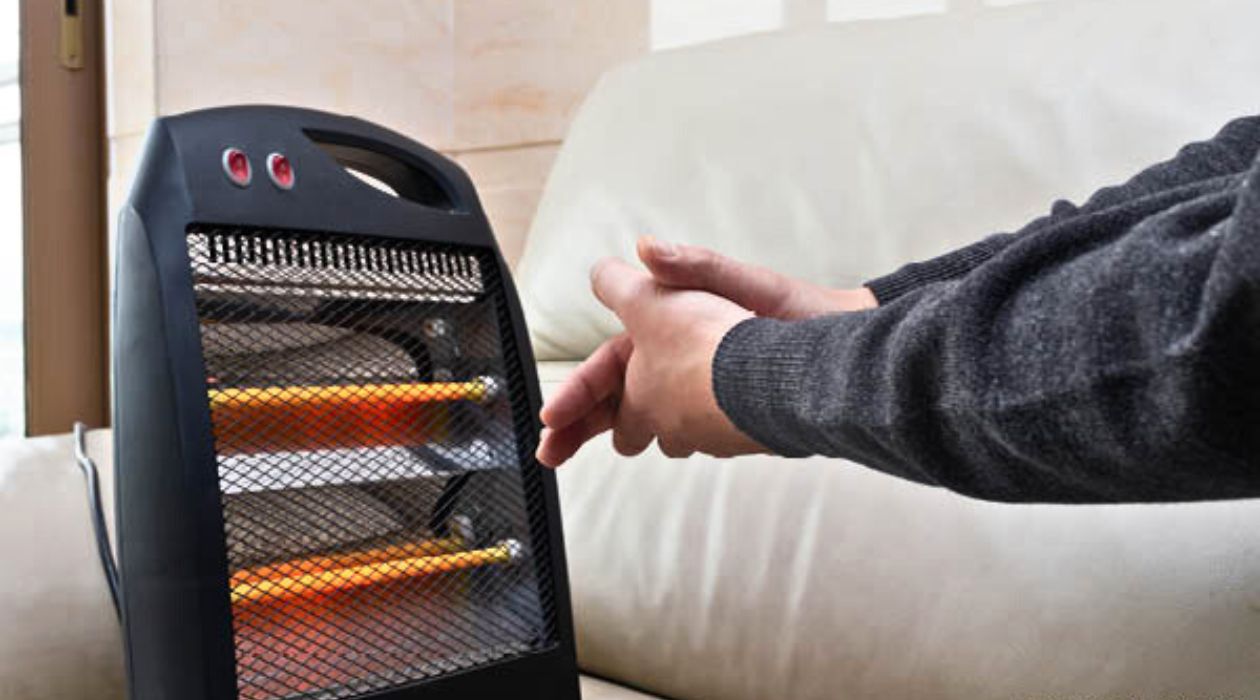
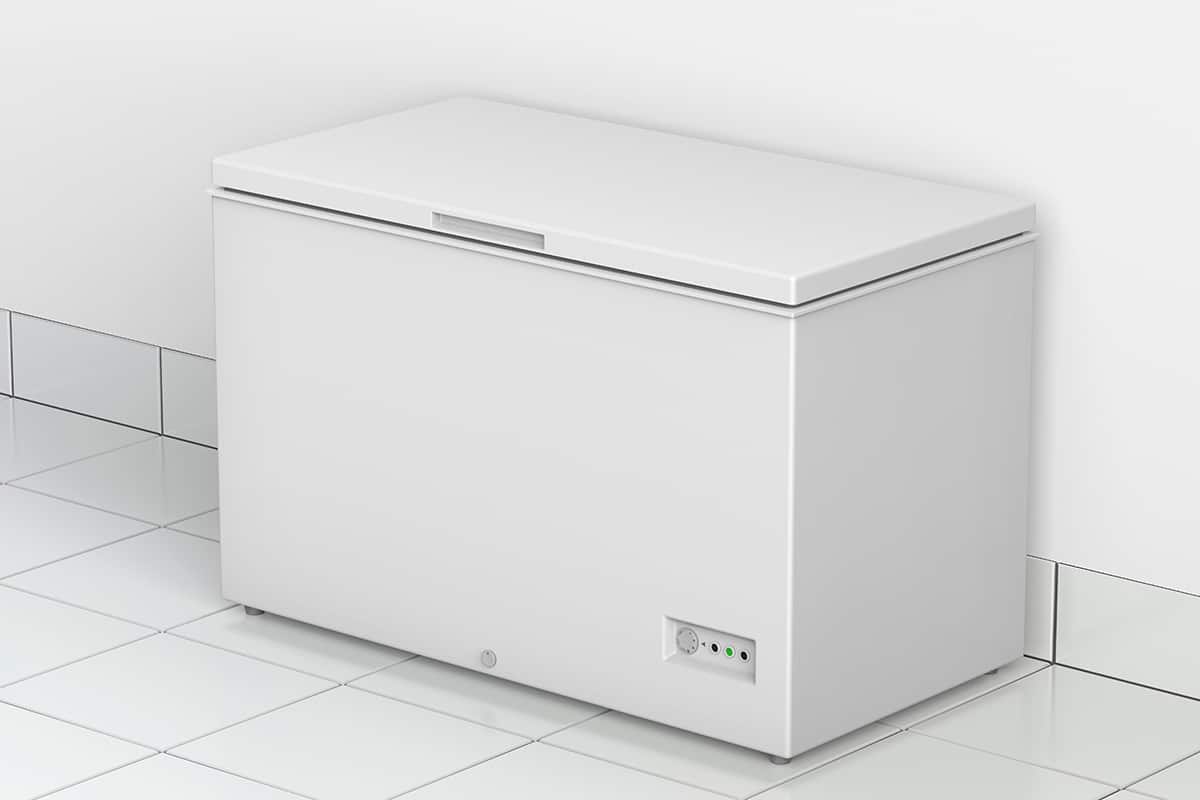
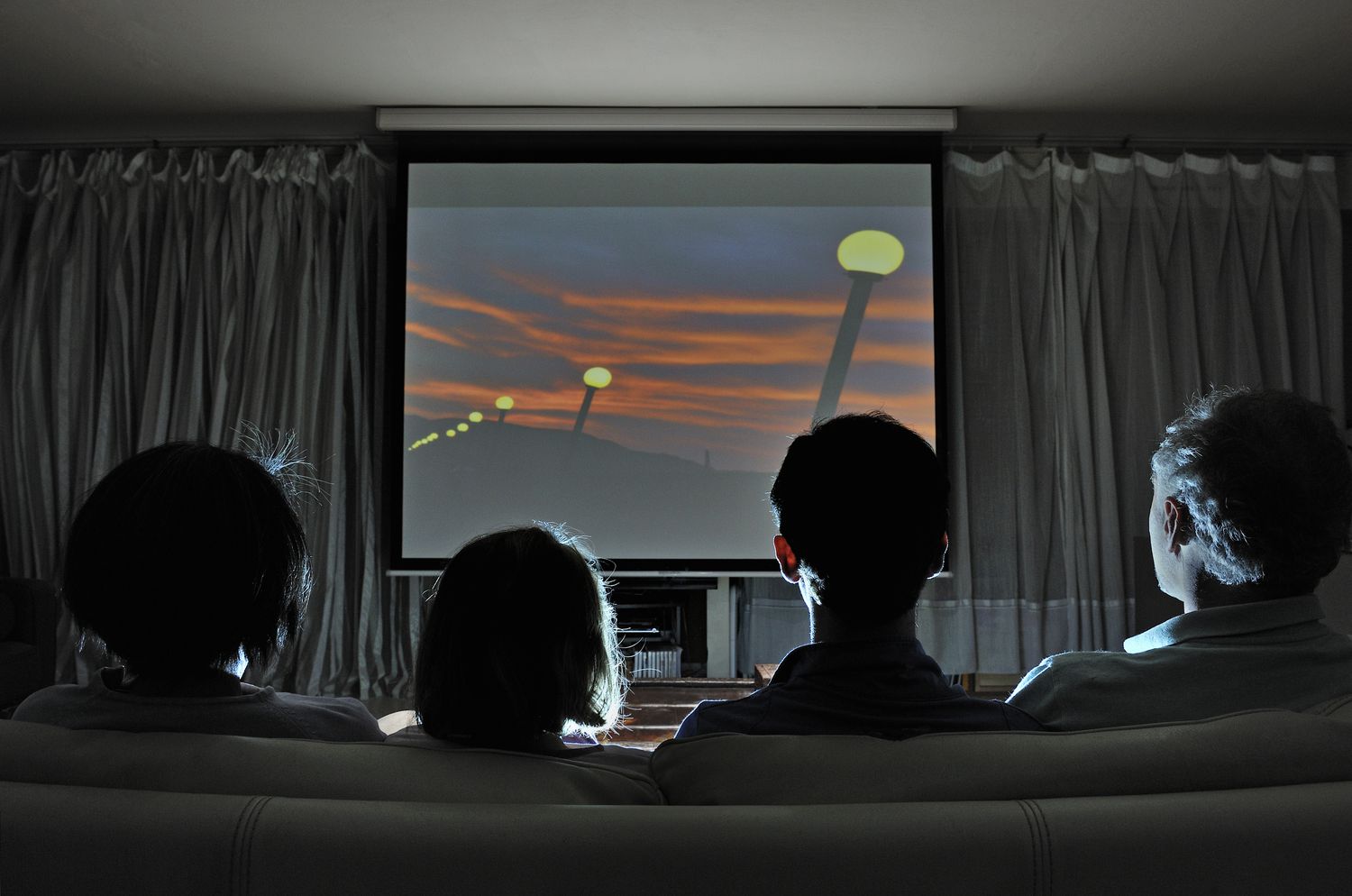
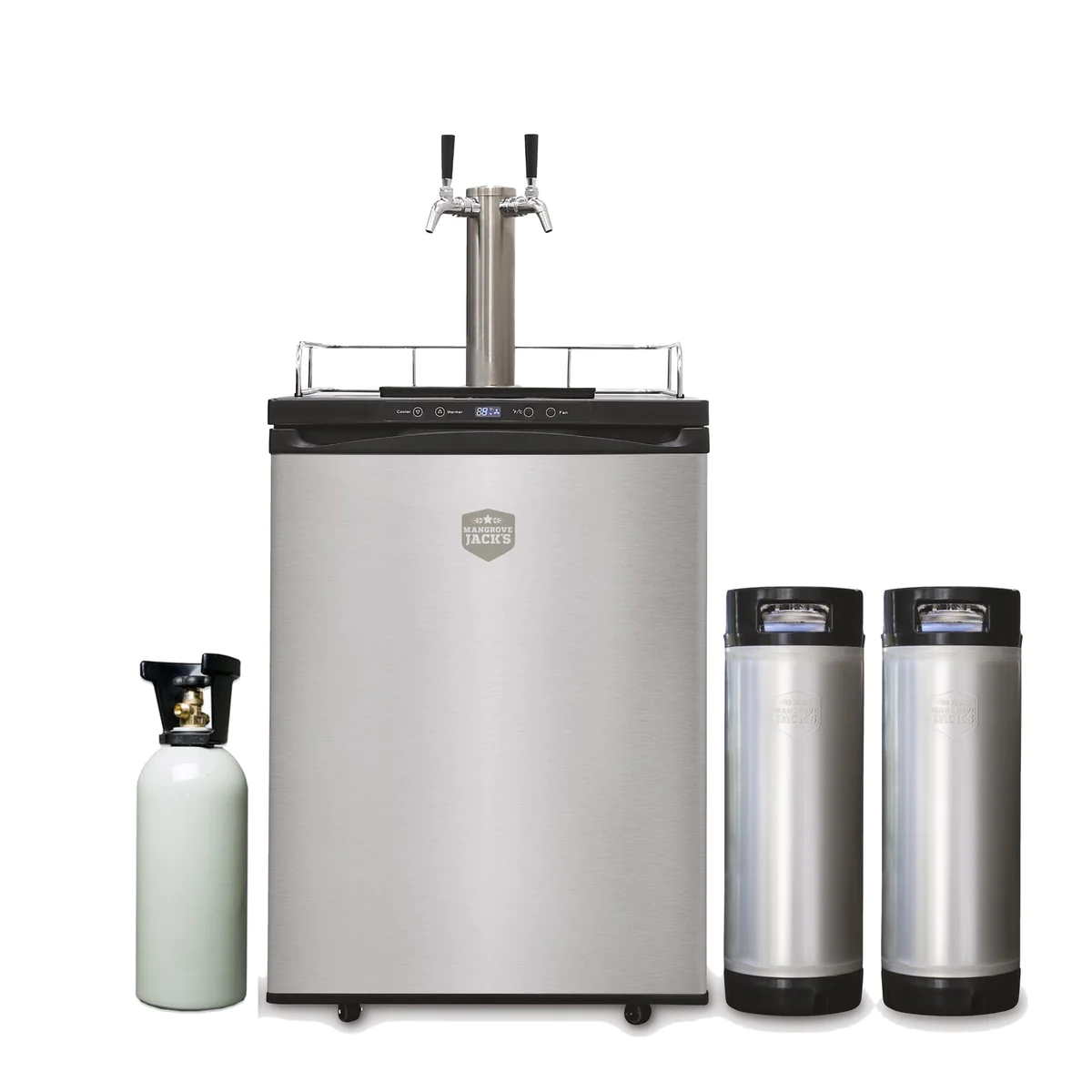
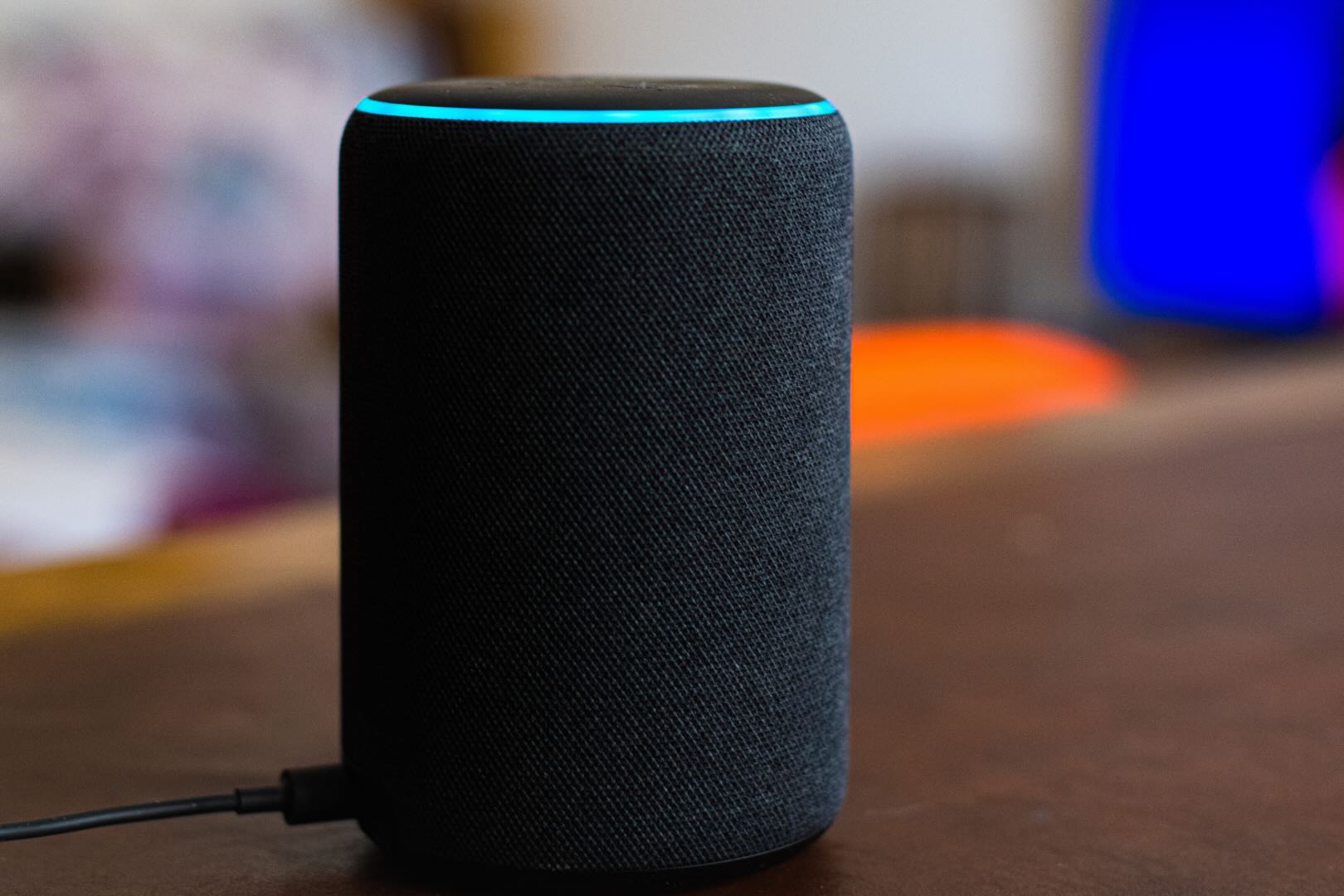
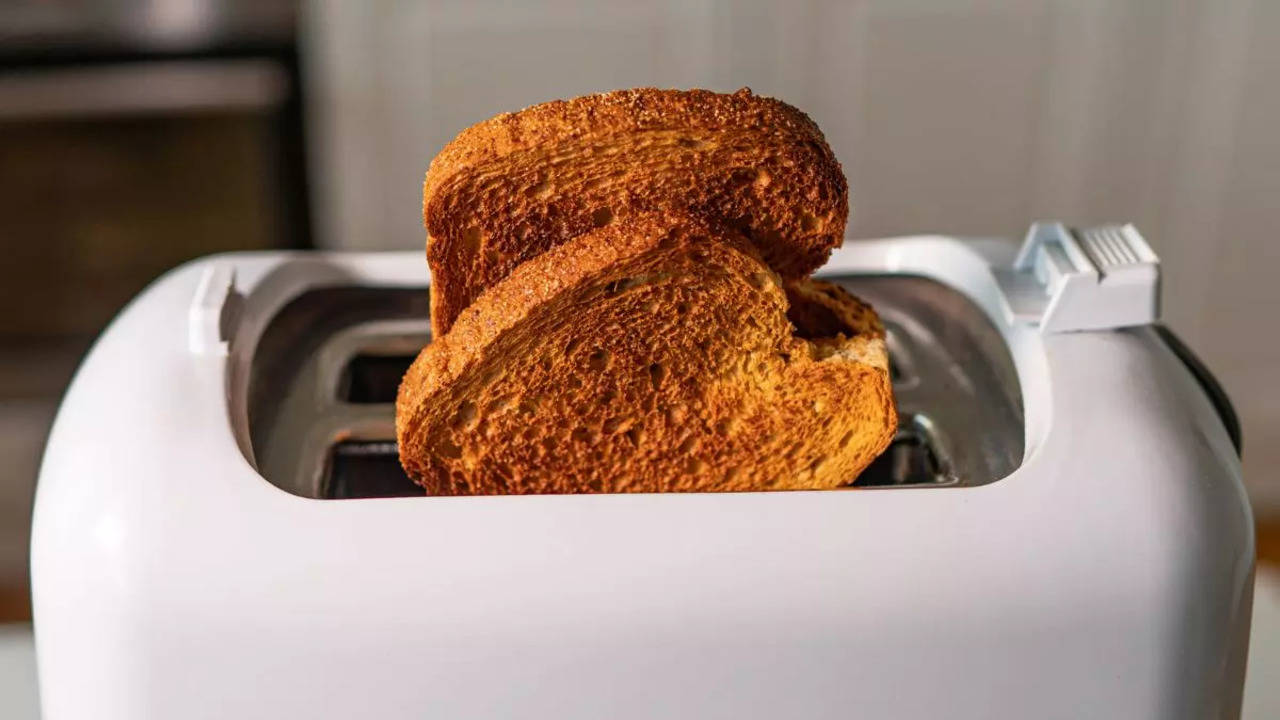
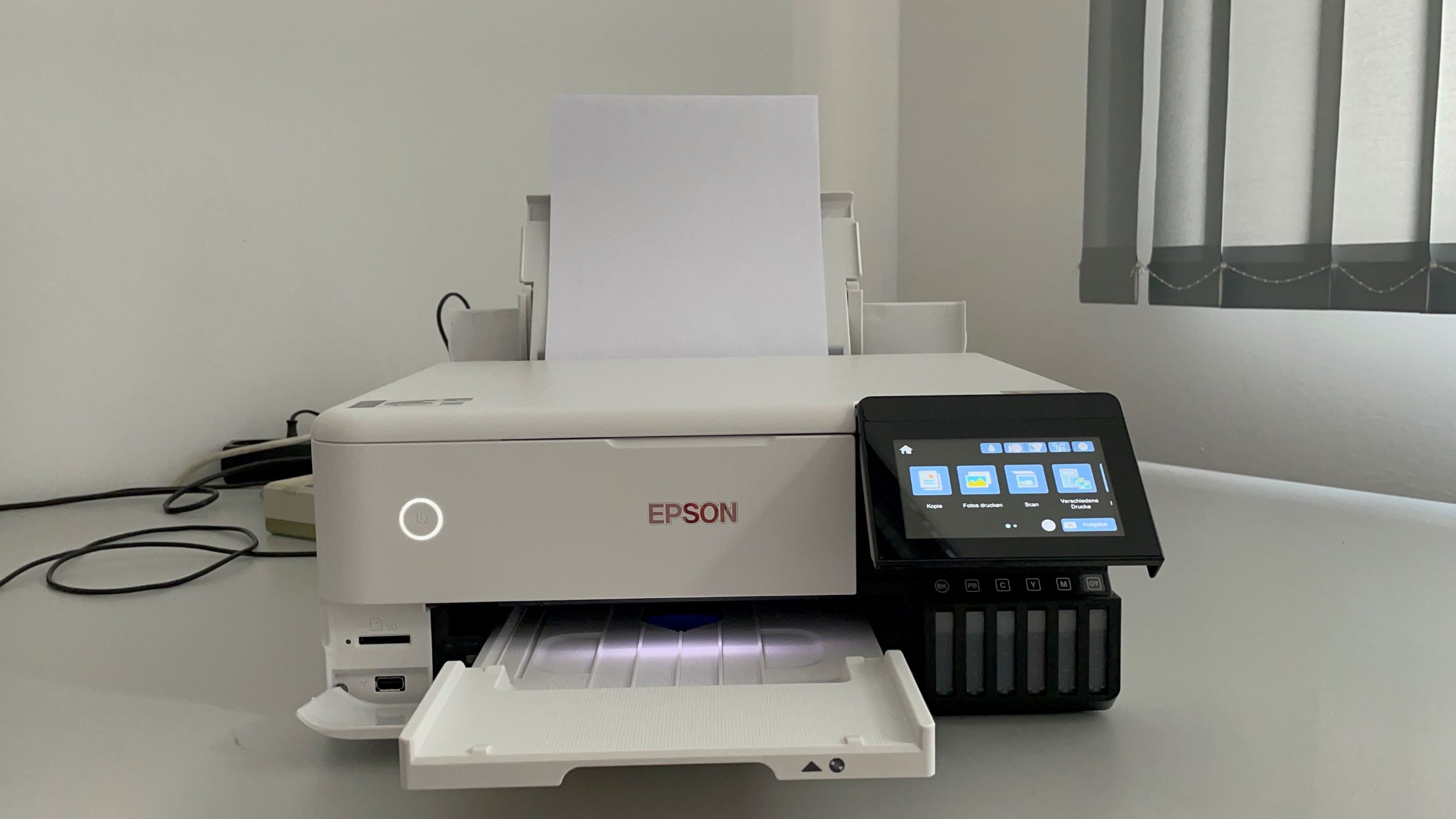
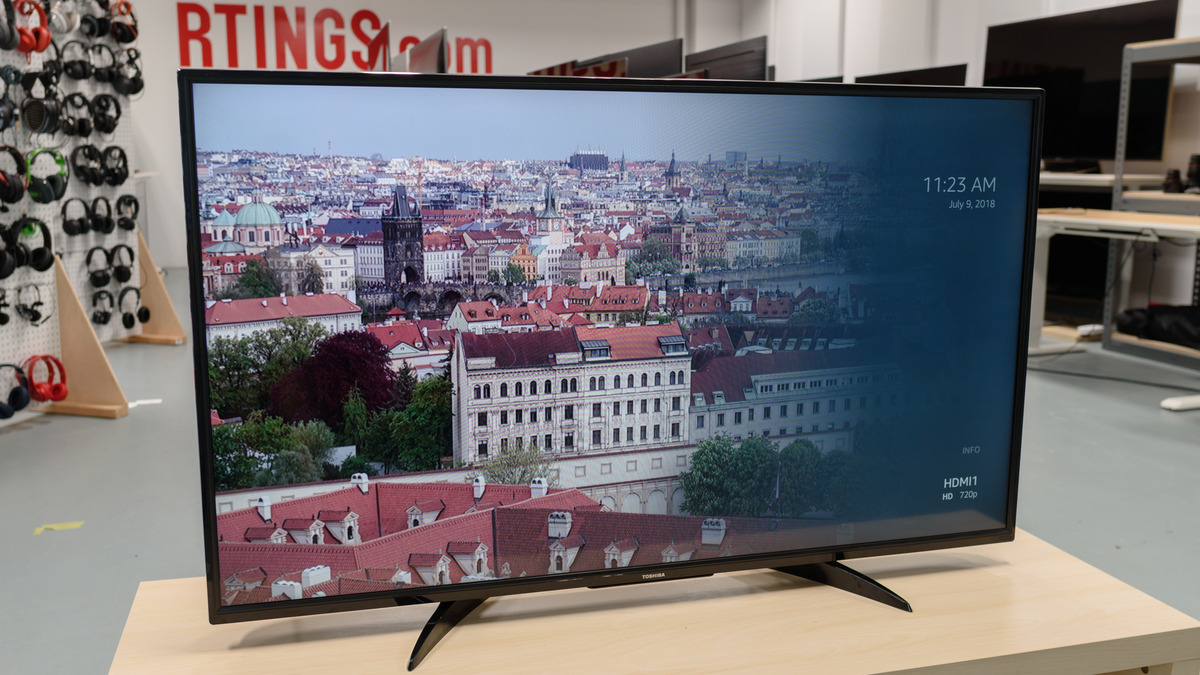
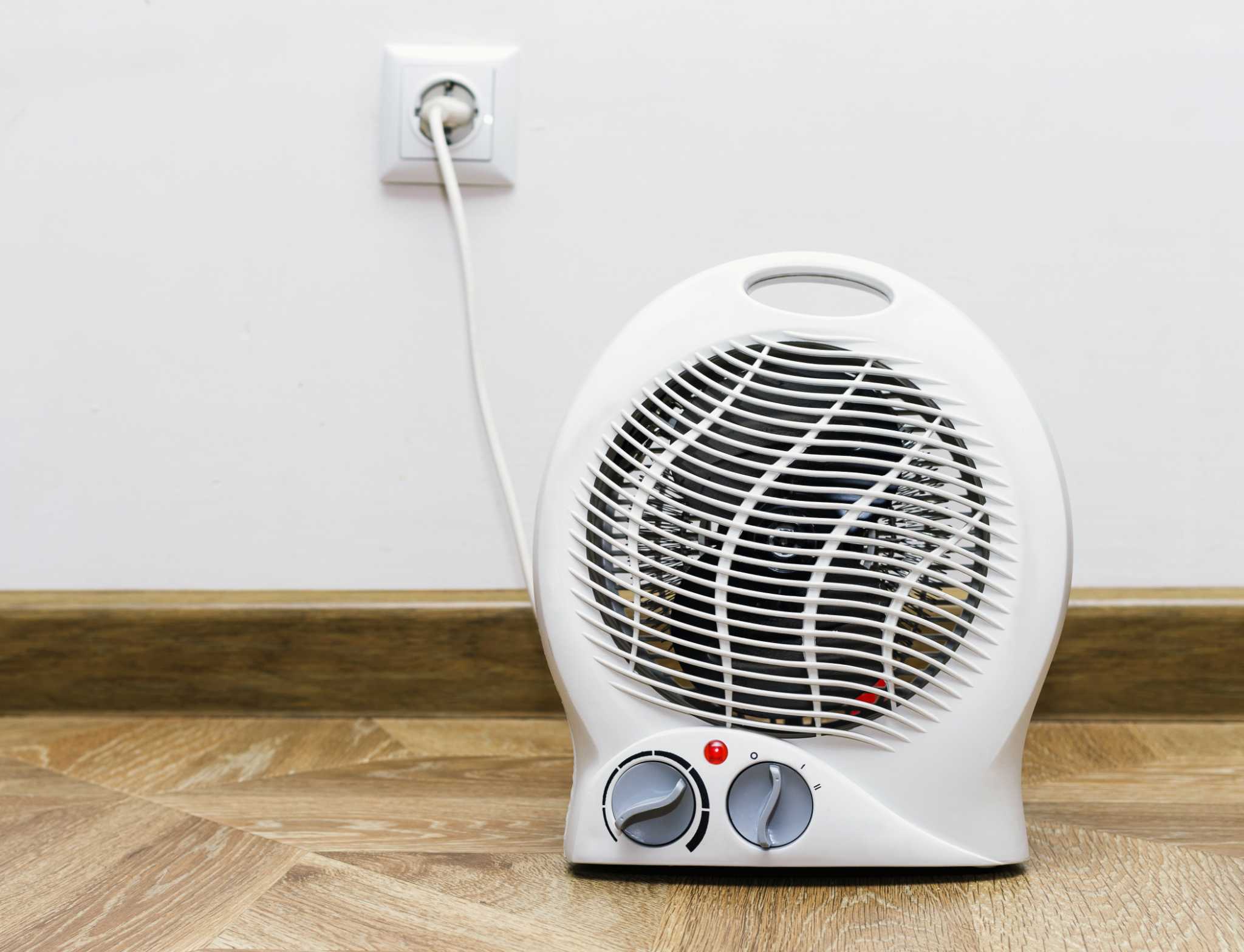
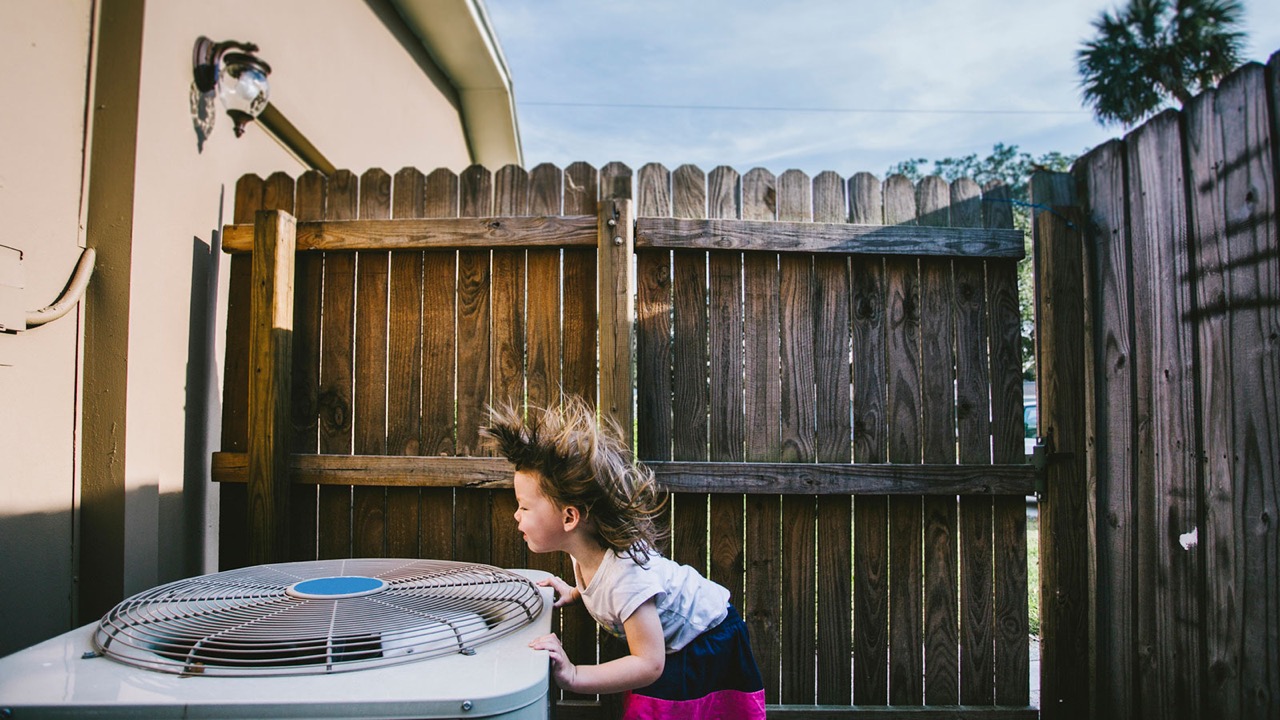
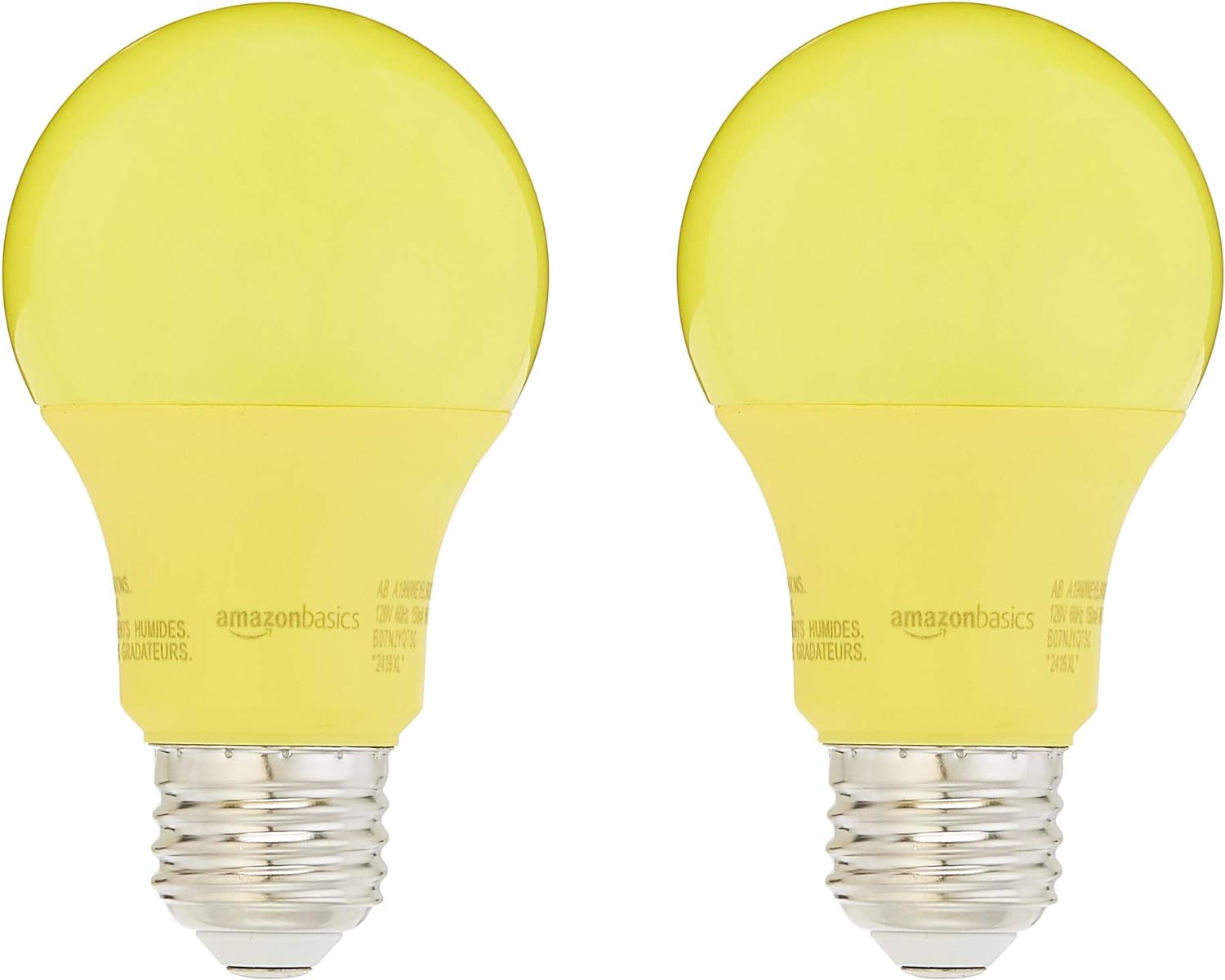
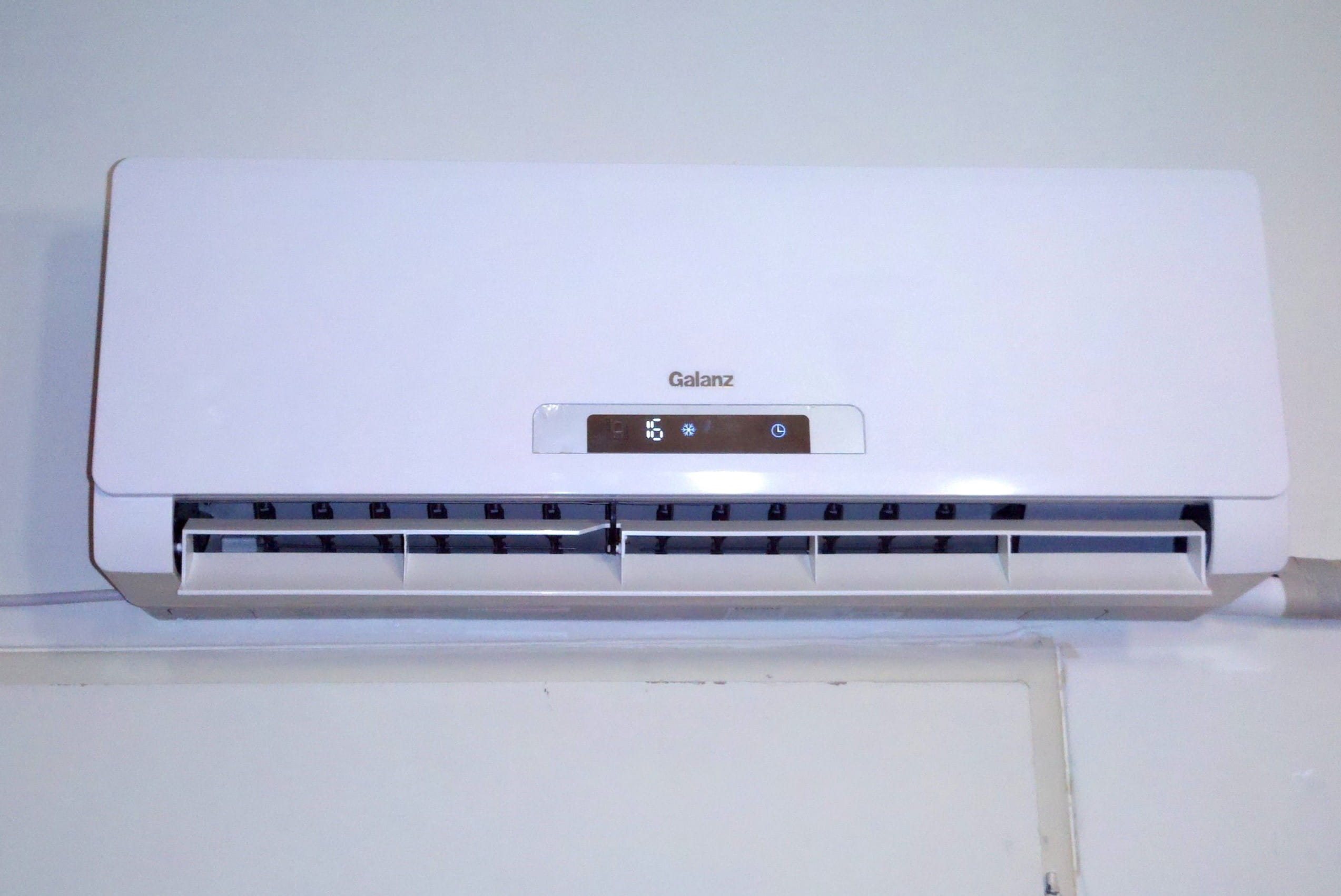
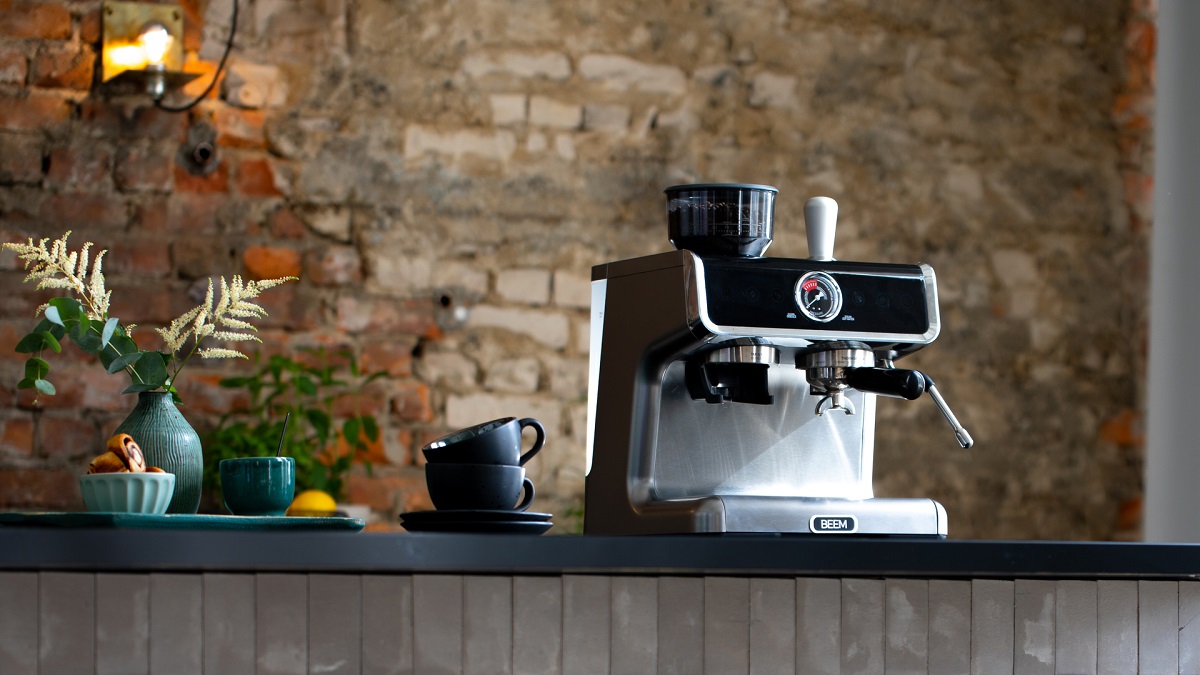
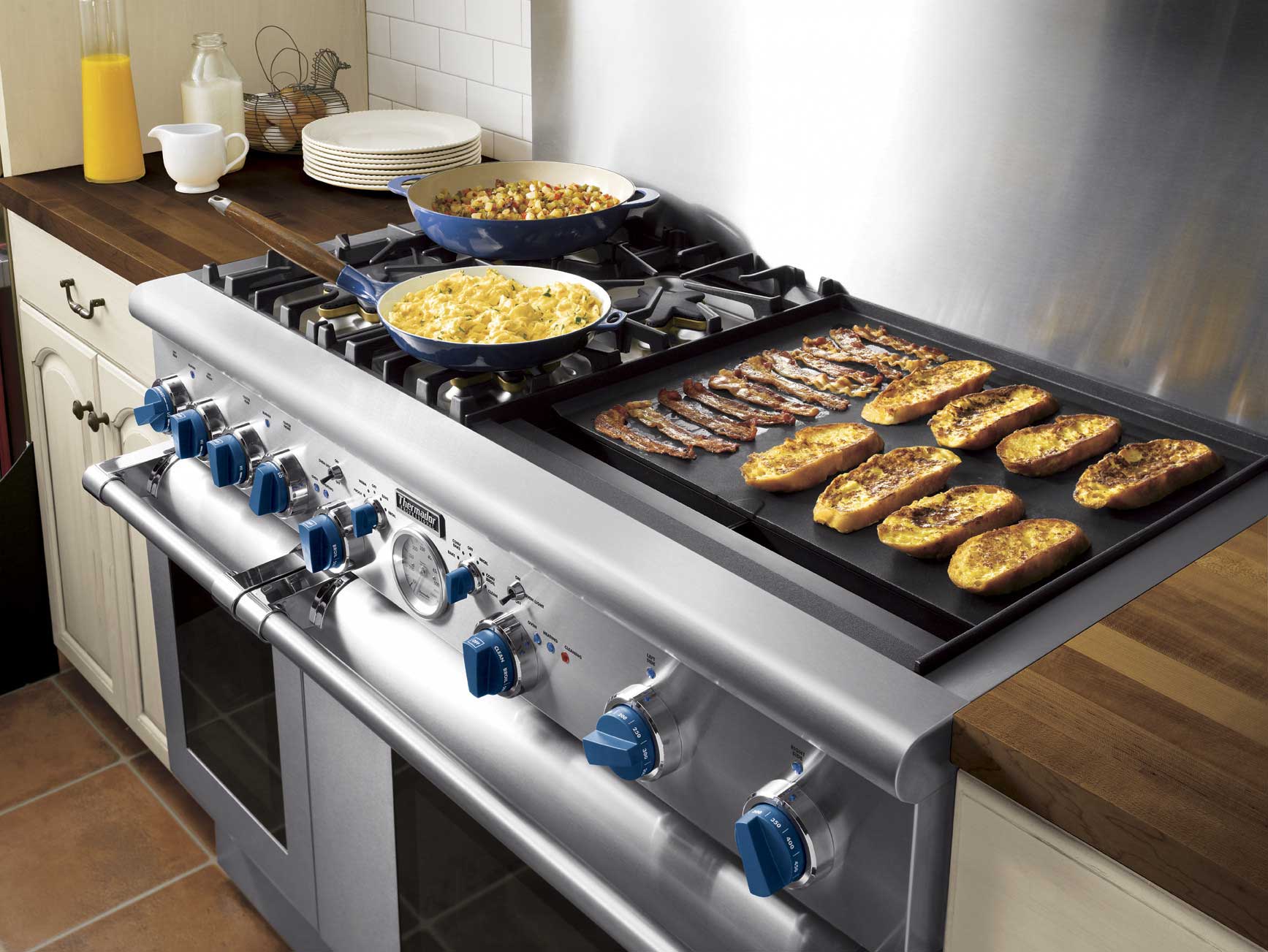

0 thoughts on “How Many Watts Does A Water Heater Use”